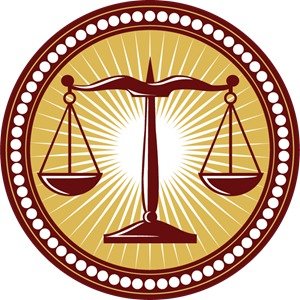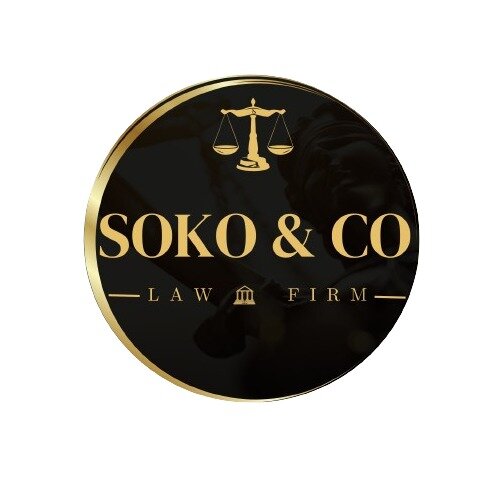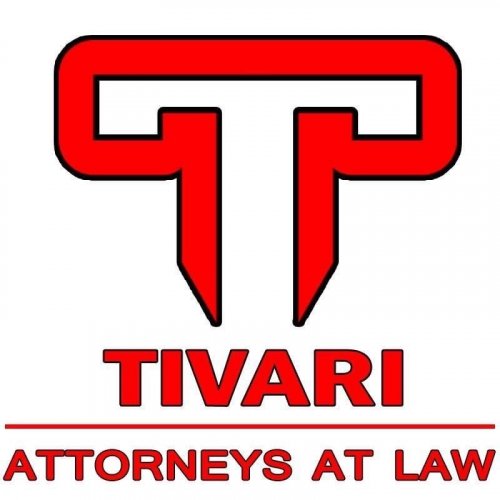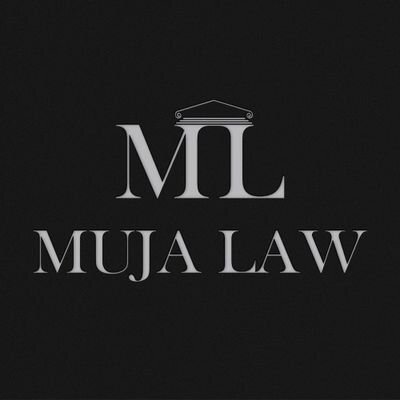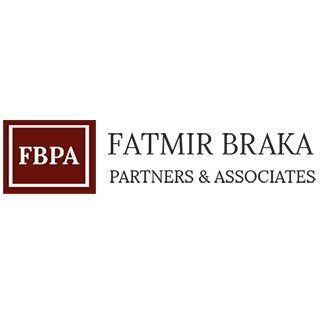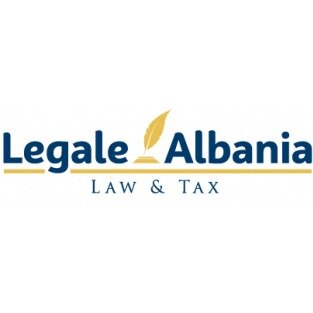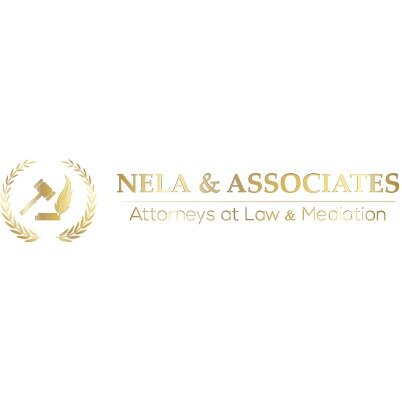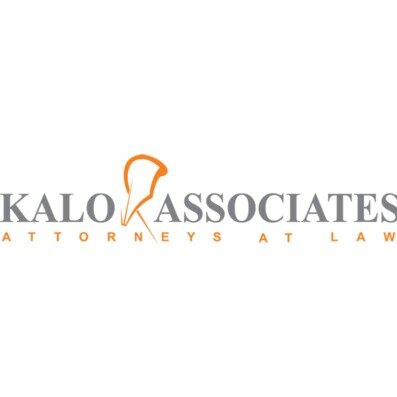Best Employment & Labor Lawyers in Albania
Share your needs with us, get contacted by law firms.
Free. Takes 2 min.
Or refine your search by selecting a city:
List of the best lawyers in Albania
About Employment & Labor Law in Albania
Employment and labor laws in Albania govern the relationships between employers and employees. These laws are designed to ensure the fair treatment of workers, foster a safe and healthy working environment, and maintain a balance between the rights and responsibilities of all parties involved. Key legislation in this domain includes the Albanian Labour Code, laws on occupational safety, and anti-discrimination laws.
The Labour Code of Albania serves as the cornerstone of employment relations, covering areas such as employment contracts, working conditions, hours of work, and termination of employment. Additionally, Albania follows international labor standards as a member of the International Labour Organization (ILO).
Why You May Need a Lawyer
There are several situations in which individuals or businesses in Albania may require the assistance of a lawyer specializing in employment and labor law, including:
- Unfair dismissal or wrongful termination claims.
- Disputes regarding employment contracts or conditions.
- Issues related to workplace harassment or discrimination.
- Accidents at work and ensuing compensation claims.
- Understanding and compliance with local labor laws and standards.
- Collective bargaining and union negotiations.
- Advisory on restructurings, layoffs, and redundancies.
- Legal representation in labor disputes or court cases.
Local Laws Overview
The legal framework in Albania provides specific rights and obligations for both employees and employers. Key aspects include:
- Employment Contracts: Must be in writing and include essential details such as job role, salary, and duration.
- Working Hours: Normal working time is set at 40 hours per week, with provisions for overtime pay.
- Minimum Wage: Set by the government and applicable to all employment contracts.
- Leave Entitlements: Include annual leave, sick leave, maternity, and paternity leave.
- Termination of Employment: Well-defined procedures for lawful termination, including notice periods and severance pay.
- Health and Safety: Employers are mandated to ensure safe working conditions, provide safety equipment, and conduct periodic training.
- Discrimination: Laws prohibit discrimination on various grounds, such as gender, race, age, or disability.
Frequently Asked Questions
What is the standard workweek in Albania?
The standard workweek in Albania is 40 hours, distributed over a maximum of six days.
Is it mandatory to have a written employment contract?
Yes, all employment relationships must be based on a written contract outlining essential terms of employment.
How is overtime compensated?
Overtime work is compensated at a higher rate than the regular working hours, as detailed in the employment contract.
What are the grounds for dismissing an employee?
An employee can be dismissed for justified reasons such as misconduct, incompetence, or economic redundancies, following a lawful procedure.
What is the notice period for termination?
Notice periods in Albania vary based on the duration of employment and are typically outlined in the employment contract, subject to minimum legal requirements.
What rights do employees have regarding workplace safety?
Employees are entitled to safe working conditions, appropriate safety equipment, and training provided by the employer.
What is the procedure for filing a discrimination complaint?
A discrimination complaint can be filed with the Commissioner for Protection from Discrimination or addressed in court.
How much annual leave is an employee entitled to?
Employees are entitled to a minimum of 20 working days of paid annual leave each year.
Is probationary employment allowed in Albania?
Yes, probationary periods are allowed and must be clearly stated in the employment contract, typically lasting up to three months.
What legal actions can be taken in case of unfair dismissal?
In the event of unfair dismissal, an employee may seek legal recourse through the labor court to claim reinstatement or compensation.
Additional Resources
For further assistance, consider reaching out to the following organizations and bodies:
- The Ministry of Finance and Economy - Responsible for labor policy.
- State Labor Inspectorate - Ensures compliance with labor laws and standards.
- Commissioner for Protection from Discrimination - Addresses equality and anti-discrimination cases.
- Local Chambers of Commerce - Can provide resources and guidance for employers.
- Professional legal organizations - Offer directories for finding specialized employment lawyers.
Next Steps
If you need legal assistance in employment and labor issues, consider taking the following actions:
- Gather all relevant documents and evidence related to your issue.
- Seek initial advice from a labor law expert to understand your rights and options.
- Contact a specialist employment and labor lawyer for personalized assistance.
- Consider mediation or arbitration as potential means for resolving disputes outside the court.
- Stay informed about your rights and obligations under Albanian law to prevent future legal issues.
Lawzana helps you find the best lawyers and law firms in Albania through a curated and pre-screened list of qualified legal professionals. Our platform offers rankings and detailed profiles of attorneys and law firms, allowing you to compare based on practice areas, including Employment & Labor, experience, and client feedback.
Each profile includes a description of the firm's areas of practice, client reviews, team members and partners, year of establishment, spoken languages, office locations, contact information, social media presence, and any published articles or resources. Most firms on our platform speak English and are experienced in both local and international legal matters.
Get a quote from top-rated law firms in Albania — quickly, securely, and without unnecessary hassle.
Disclaimer:
The information provided on this page is for general informational purposes only and does not constitute legal advice. While we strive to ensure the accuracy and relevance of the content, legal information may change over time, and interpretations of the law can vary. You should always consult with a qualified legal professional for advice specific to your situation.
We disclaim all liability for actions taken or not taken based on the content of this page. If you believe any information is incorrect or outdated, please contact us, and we will review and update it where appropriate.
Browse employment & labor law firms by service in Albania
Albania Attorneys in related practice areas.
Browse employment & labor law firms by city in Albania
Refine your search by selecting a city.




